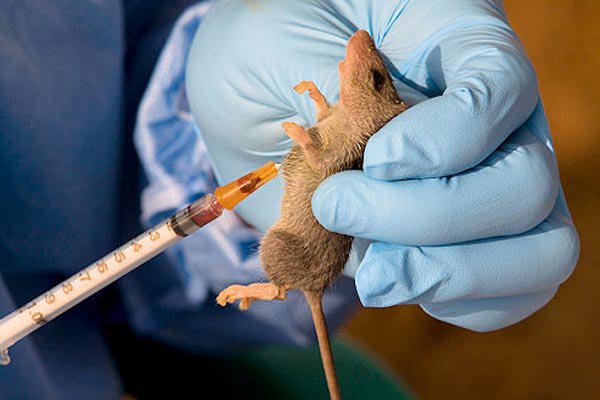The Nigeria Centre for Disease Control and Prevention (NCDC) has reported that Lassa fever has claimed 138 lives between January and May 2025, with a case fatality rate (CFR) of 19.3 per cent.
This was disclosed in the agency’s latest situation report published on its official website.
According to the report, the 2025 CFR marks a rise from the 18.0 per cent recorded during the same period in 2024. A total of 717 confirmed cases have been recorded so far in Epi Week 18, with four states—Ondo, Edo, Bauchi, and Benue—reporting new cases in the current week alone.
Although the number of new confirmed cases declined slightly from 11 to 10 in the past week, the overall death toll remains alarming.
The NCDC noted that 71 per cent of all confirmed cases originated from three states:
- Ondo: 30%
- Bauchi: 25%
- Taraba: 16%
This highlights persistent hotspots despite ongoing nationwide interventions.
The most affected age group is 21–30 years, and the disease appears to impact males slightly more than females, with a male-to-female ratio of 1:0.8.
While no healthcare worker was infected in the current week, the report confirmed that 22 healthcare workers have been affected since the beginning of the year.
To curb the outbreak, the NCDC has activated a multi-sectoral Incident Management System in partnership with key stakeholders and has deployed 10 Rapid Response Teams across affected states. The agency has also intensified community engagement, contact tracing, and the distribution of essential medical supplies, including personal protective equipment (PPE), Ribavirin, body bags, and disinfectants.
These efforts are being carried out in collaboration with international partners such as the World Health Organization (WHO), Médecins Sans Frontières (MSF), the Coalition for Epidemic Preparedness Innovations (CEPI), and Georgetown University.
Several capacity-building webinars and enhanced surveillance activities have also been conducted to strengthen local response mechanisms.
However, the NCDC identified key challenges hindering the response, including:
- Late presentation of cases
- Poor health-seeking behaviour
- Low awareness levels in high-burden areas
- Inadequate environmental sanitation
The agency continues to urge the public to maintain strict hygiene practices, avoid contact with rodents and their secretions, and report symptoms early. Nigerians are also encouraged to follow NCDC advisories and contact the toll-free line 6232 for any health-related inquiries.
Lassa fever is a viral hemorrhagic illness primarily transmitted through contact with the urine or faeces of infected rats. It can also spread between humans via bodily fluids, contaminated objects, or unsafe medical practices. Symptoms include fever, sore throat, vomiting, muscle pain, headache, and in severe cases, bleeding from the body openings.


